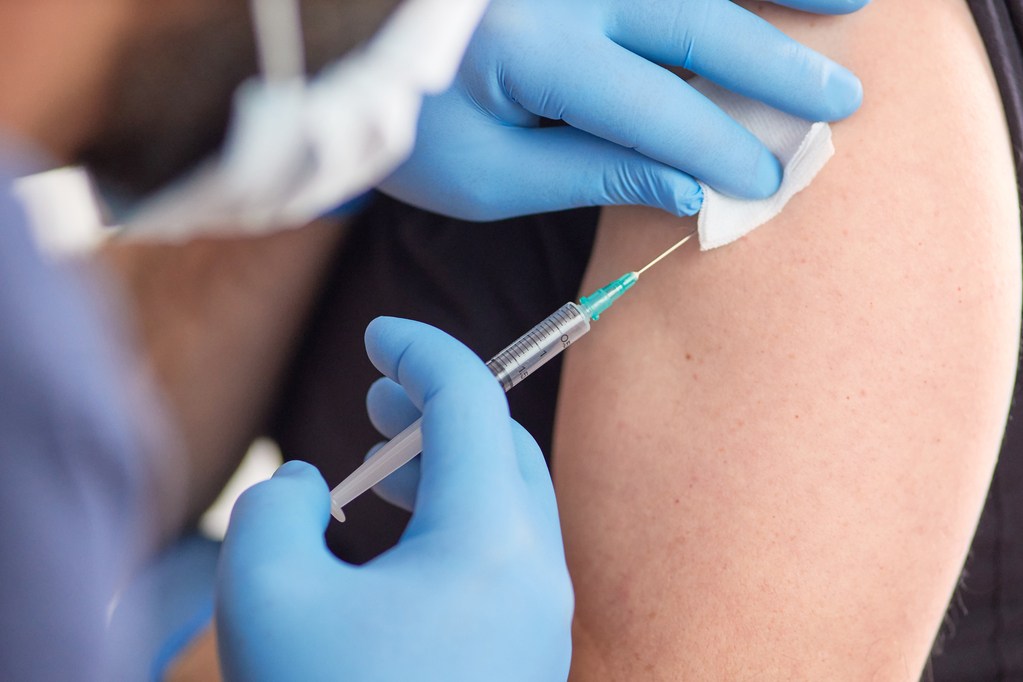The EU Digital Covid Certificate was adopted on Monday but the validity in time of the vaccination is still not known.
After the regulation on the certificate was officially signed by the European institutions, it will enter into force on 1 July 2021. Most EU member states have not yet issued any certificates although about half of the adult population has already received at least one vaccine dose.
In Belgium, residents with plans to travel within the European Union this summer can already now request a coronavirus certificate to prove that they are Covid-safe. A website for ordering the certificate was launched today.
The Belgian vaccination certificate is valid for one year, from the day of vaccination, while the recovery certificate will remain valid for 180 days from the time of the test, but it appears that the expiry dates will not be stated in the certificates.
The EU Digital COVID Certificate will only contain necessary information such as name, date of birth, the certificate issuer and a unique identifier of the certificate. In addition:
- For a vaccination certificate: vaccine type and manufacturer, number of doses received, date of vaccination;
- For a test certificate: type of test, date and time of test, place and result;
- For a recovery certificate: date of positive test result, validity period.
A crucial remaining question is for how long time the certificate will be valid and if the expiry date of the vaccination will be stated in the certificate.
In Israel, which launched it vaccination roll-out in December last year and has by now completed it (besides for children), the expiry date stated in the certificates is half a year after the vaccination date because of the uncertainty at the time of how long time the immunity would last.
Asked by The Brussels Times about the validity, a spokesperson for the Commission referred to its expert agencies. The European Centre for Disease Prevention and Control (ECDC) writes on its website that, “It is currently not known how long the immunity gained by COVID-19 vaccination will last. This will be further assessed by studies to understand how long protection lasts after vaccination.”
Its press office added that, “this is really for member states to decide.” ECDC does not intend to publish any data on the length of the protection of a vaccine, or any guidelines to member states, as this is not within its competency.
What about the other agency, the European Medicines Agency (EMA)? It repeats a similar same message. According to its website, “this is because more data is needed from ongoing and additional studies in the long term to understand how long protection lasts after vaccination.”
For example, the company behind the first authorised COVID-19 vaccine in the EU will continue to follow up the people vaccinated in its main clinical trial for 2 years. This will allow the company to gather information on the duration of protection generated by the vaccine. EU authorities will also be coordinating independent studies on the use of COVID-19 vaccines in real life.
According to EMA, vaccination policies are not decided by the agency but by public health agencies in EU member states.
For the time being, the European Commission has not issued any guidelines on whether any deadline for the validity of the vaccination should be stated in the certificates. The lack of guidelines might result in varying expiry dates or no date at all in the certificates issued by the member states for the same vaccine.
Correction: A previous version of the article said that a majority of the adult population in the EU has already completed the vaccinations. According to ECDCs Covid-19 Vaccine roll-out overview on 10 June, the median value of the cumulative uptake of at least one vaccine dose among adults aged 18 years and above was 48.4% (range: 14.6–67.7%). The cumulative uptake of full vaccination among adults aged 18 years and above: median of 25.7% (range: 11–55.1%)
M. Apelblat
The Brussels Times

